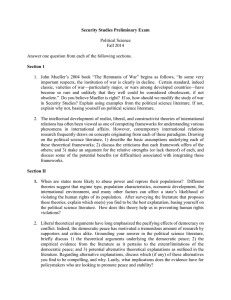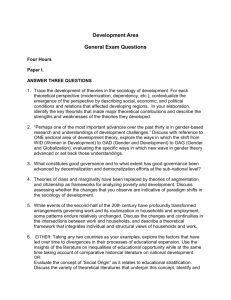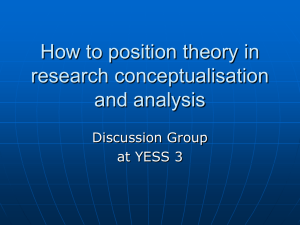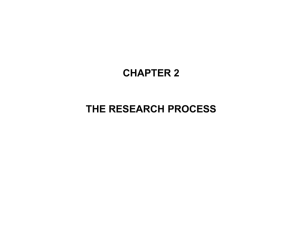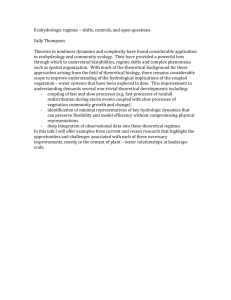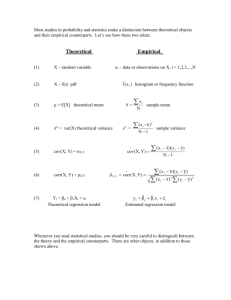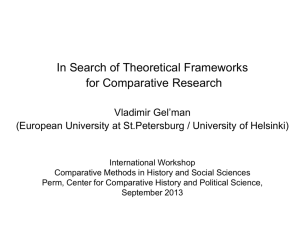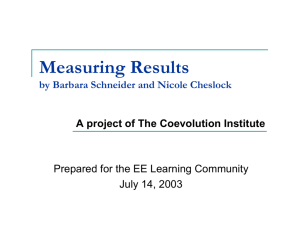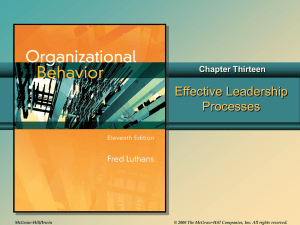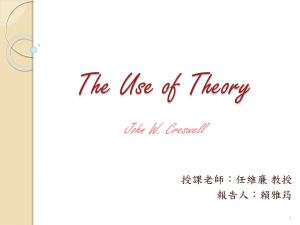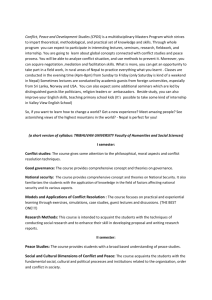word
advertisement
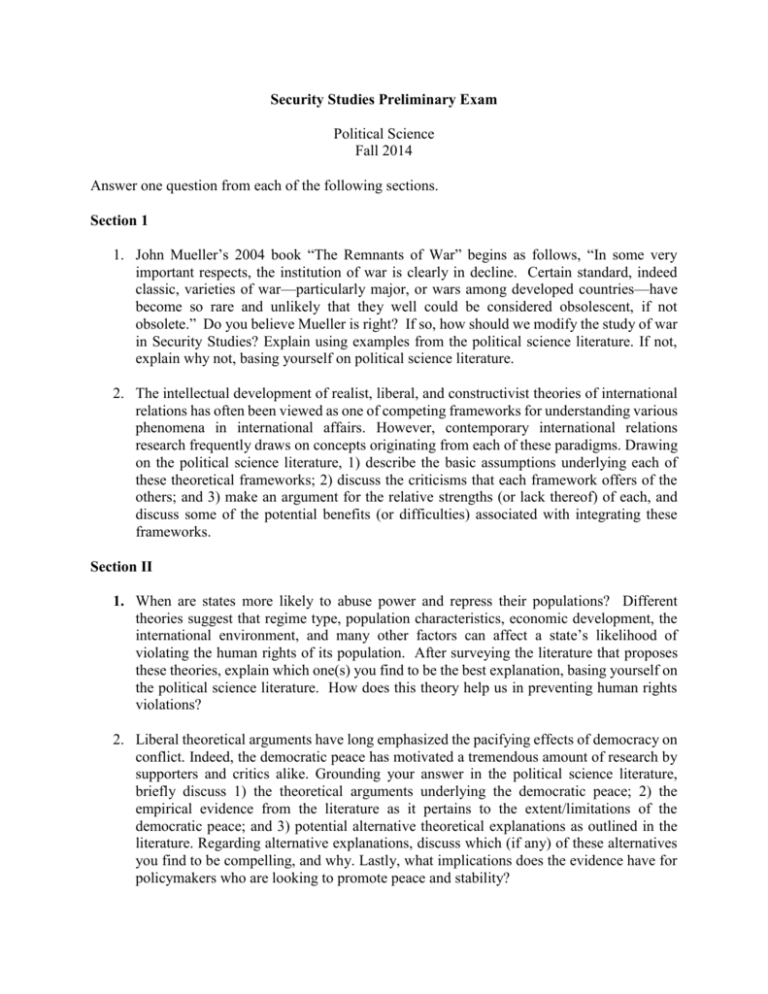
Security Studies Preliminary Exam Political Science Fall 2014 Answer one question from each of the following sections. Section 1 1. John Mueller’s 2004 book “The Remnants of War” begins as follows, “In some very important respects, the institution of war is clearly in decline. Certain standard, indeed classic, varieties of war—particularly major, or wars among developed countries—have become so rare and unlikely that they well could be considered obsolescent, if not obsolete.” Do you believe Mueller is right? If so, how should we modify the study of war in Security Studies? Explain using examples from the political science literature. If not, explain why not, basing yourself on political science literature. 2. The intellectual development of realist, liberal, and constructivist theories of international relations has often been viewed as one of competing frameworks for understanding various phenomena in international affairs. However, contemporary international relations research frequently draws on concepts originating from each of these paradigms. Drawing on the political science literature, 1) describe the basic assumptions underlying each of these theoretical frameworks; 2) discuss the criticisms that each framework offers of the others; and 3) make an argument for the relative strengths (or lack thereof) of each, and discuss some of the potential benefits (or difficulties) associated with integrating these frameworks. Section II 1. When are states more likely to abuse power and repress their populations? Different theories suggest that regime type, population characteristics, economic development, the international environment, and many other factors can affect a state’s likelihood of violating the human rights of its population. After surveying the literature that proposes these theories, explain which one(s) you find to be the best explanation, basing yourself on the political science literature. How does this theory help us in preventing human rights violations? 2. Liberal theoretical arguments have long emphasized the pacifying effects of democracy on conflict. Indeed, the democratic peace has motivated a tremendous amount of research by supporters and critics alike. Grounding your answer in the political science literature, briefly discuss 1) the theoretical arguments underlying the democratic peace; 2) the empirical evidence from the literature as it pertains to the extent/limitations of the democratic peace; and 3) potential alternative theoretical explanations as outlined in the literature. Regarding alternative explanations, discuss which (if any) of these alternatives you find to be compelling, and why. Lastly, what implications does the evidence have for policymakers who are looking to promote peace and stability? History Section Answer both questions 1. Select a major region of your choice and describe its history over the last 100 to 150 years from the perspective of the region’s security challenges. Your answer should draw on major trends in the scholarship, show a recognition of historical periodization, and make clear how the region and its security environment have changed over time. Your answer should account for both interstate and intrastate security concerns, place your region within a global context, and should take account of the full spectrum of ways to understand the region’s evolution including non-military issues such as political, economic, social, and cultural change. 2. There are many ways to explain the outcomes of armed conflicts. Often scholars debate whether the results of a conflict were dictated by the specific choices of leaders or whether larger systemic forces like the relative balance of wealth, economic power, and population between the conflicting powers controlled the outcome. Select two conflicts from different periods of the twentieth century (only one conflict can be principally centered in the region you discussed in question #1) that you believe reflect different balances between these factors and analyze why the conflicts ended the way they did. You should take a clear position and make clear how your position fits into the historiography of the conflicts.
